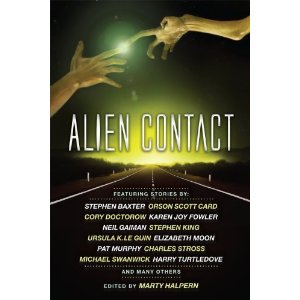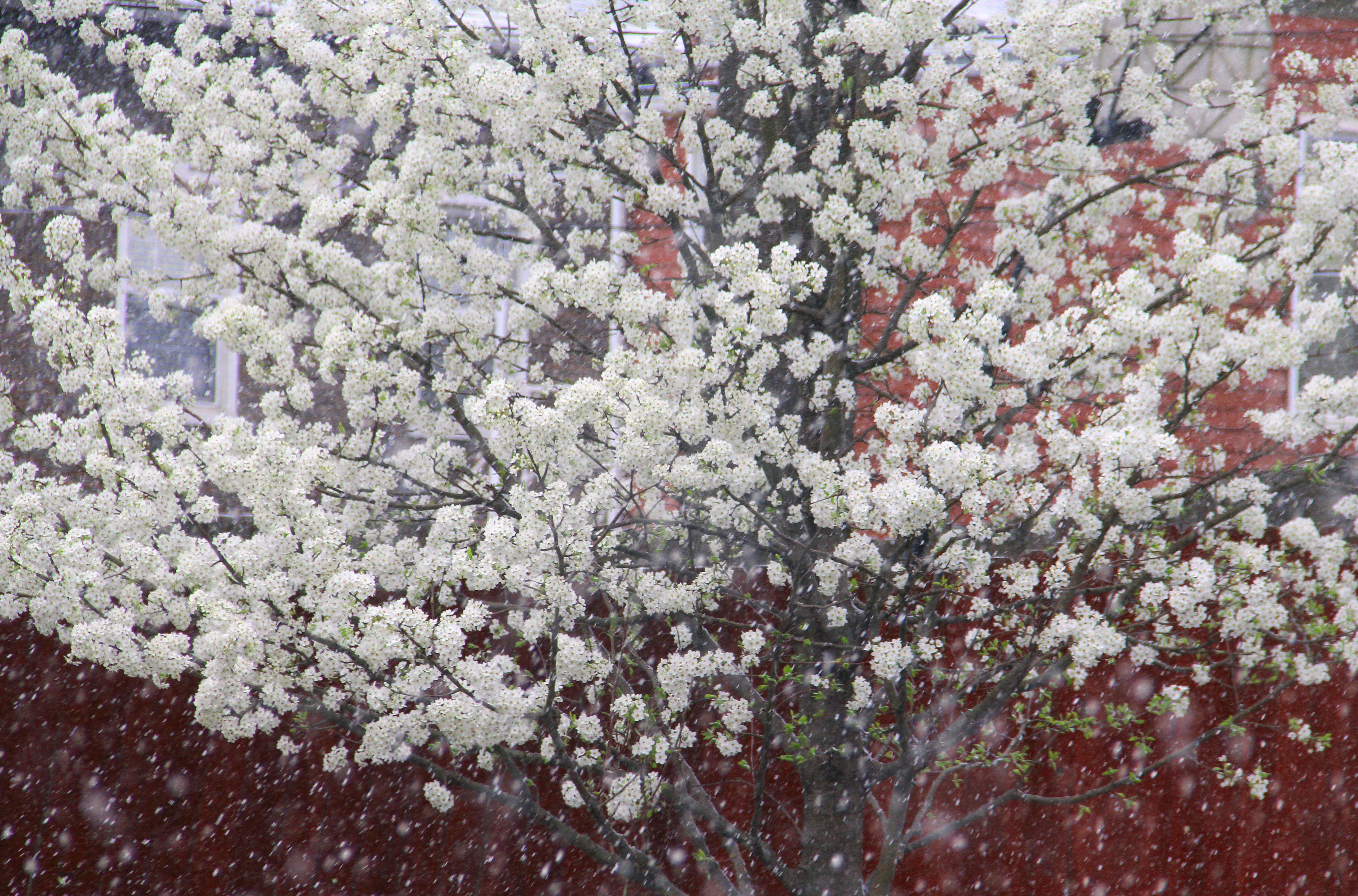The writing world is a-buzz of late with the story about James Frey’s “new” marketing idea to rope writers into a contractual arrangement that makes indentured servitude look like an intern program over a summer between semesters. The fact that some writers have actually signed these contracts is both telling and sad. John Scalzi, over on Whatever, made the (radical!) suggestion that MFA programs (because the lion’s share of these hapless dupes come directly from them) teach a semester in the business of writing for part of the egregious sums colleges and universities charge for degrees. This is a sensible suggestion. In my experience, talking to writers from high school on up, one usually finds the attitude that writing is a holy calling and the business end of it is either not recognized or disdained as somehow sullying of the noble act.
A rebuttal to Scalzi was published here by Elise Blackwell, director of the MFA program at the University of South Carolina, who claims that MFA programs are there to protect young writers, to give them breathing space so they can write without worrying about anything else. That, in fact, MFA programs are about “literature” and not business.
My personal reaction to this is: bullshit. If you’re that concerned to coddle delicate artistic sensibilities, put the business semester in their last year, presumably when they’ve got what chops they’re going to get. I can appreciate and sympathize with the belief that concerns over money can be deadly to creativity. While working on the book, outside concerns not directly related to the art can distract and sometimes destroy the flow. Desperation can be hugely debilitating.
But sending someone out into the world of publishing unarmed almost guarantees years of exactly that kind of desperation. The reason to be savvy about the business is so you can protect yourself over time, learn how to not be raped by people without MFAs but rather with MBAs whose job it is to get the work from you without paying you what it’s worth. As they say, knowledge is power, and to defend a refusal to teach what is necessary at the place where such things naturally ought to be taught is questionable ethics at best, criminal neglect at worst.
A lot of this comes down to the old dichotomy between Art (capital A) and Commerce. Frankly, I think it’s a false dichotomy. It’s a nonsense wall erected between two fields that are inextricably linked in the real world. You want your art to be widely distributed, recognized, appreciate by many and, more importantly, survive your death? Then you had better sell a lot of it. Plant your meme in the social consciousness like a stake in the heart of a vampire (which is a more pertinent metaphor than you might at first imagine) and work that network for all it’s worth. Nothing is guaranteed, so becoming a bestselling author does not automatically bring immortality (whatever that means), but it does mean you can continue to do what you presumably love to do.
(Not even oblivion is guaranteed for not working the system. The famous example—and, I think, a fatal one to bring up to young writers—is Moby Dick, which sold abominably by any standards and resulted in Herman Melville eventually giving up and working the rest of his life in a customs house, but the book somehow refused to die and is now heralded as a Great American Classic. True, this can happen, but it didn’t get Melville anything he could use during his lifetime.)
I sympathize with writers who turn their noses up at the business. I hate it myself. I want to write stories, not worry over spreadsheets and marketing campaigns. I am not good at that end of it and we all play to our strengths when allowed. But I have paid for my negligence. Like it or not, the writers who do consistently well are those who promote, who understand contracts, who know how to say No to a bad deal, who work hard to get their books the best exposure, which means dealing with the business. Many of them, true, have signed with agents or lawyers who dine regularly on the livers of publishers and distributors and who walk into the fray as part of their 15%. But that doesn’t mean the writer shouldn’t know some of what’s going on.
From time to time I have had conversation with students in MFA programs or who have been through them. To be fair, most of them really had no long term desire to be a writer. It faded. One of the benefits of something like Clarion is that in short order you can find out if this is really what you want to do. Not always, but it helps. No doubt most people who enter MFA programs are sincere in their love of their chosen art, but that doesn’t always translate into career ambitions once the actual slog begins. Still, you would think certain basic ideas would be common coin in environments purporting to teach a life skill. I have always been dismayed by what these folks have not been taught, not least being the business end of the writing life.
However, part of what I wanted to talk about here is this notion that somehow there is a vast chasm between true art and commercial fiction. This is a post-Marxist critique of economics that has badly infected the academy. In high school once I got into a heady argument with my art teacher (I only took one year of art) who extolled the brilliance of Van Gogh. Now, I admit here I’m in a tiny minority in this, but frankly I’ve never seen that brilliance. To me Van Gogh is on par with a…well, I find nothing to love in his work. It strikes my eye as ugly. Learning that his brother was unable to sell his canvasses during his lifetime leads me to believe that his contemporaries displayed more honest reactions than our hagiographic reappraisals of someone whose present fame did him no good while he was alive. So, being the bigmouth I was (and still often am), I challenged that notion. He asked who I considered a great artist. “Norman Rockwell,” I said. He sneered. Of all the things he might have said that would have been educational on the topic of art itself, what he did say dismayed me then and angers me now. “Rockwell is a capitalist.”
Huh? What does that have to do with his ability?
I see now what he meant—that Rockwell’s concern with money led him to paint what the market wanted and not, possibly, what he wanted. And by contrast that Van Gogh’s singular vision ignored what the market wanted so he produced only what his “singular vision” dictated.
I think Van Gogh would have loved to have had half the popular success Norman Rockwell enjoyed.
Either way, it’s a bullshit answer. While we make the art in our heads, alone, in garret, hovel, basement, office, or studio, the other part, the thing that makes it whole, is its dissemination. People have to see it, read it, hear it for it to complete itself. The greatest artist in history may be a hermit on a mountain in central Asia, but no will ever know, nor will he/she because the Other Half doesn’t happen.
Like it or not, we all do art with the public in mind, because it is the public—that vast country of human interaction and creation that we come from and live in—that feeds us the ideas, the inspirations, the causes, consequences, and catastrophes against which or with which we react. That reaction prompts the impulse and the work of interpretation begins and we shape our vision of the stuff that world out there gives us. If we do it well and true, it speaks back to that world. To condemn that world in terms of commercialism is to miss the whole connection, ignore the cycle.
It is also true that works wholly tailored to some momentary notion of What The Public Wants are almost always doomed to be ephemeral, often crass, betrayals of any higher value that might transcend trend and fad.
So you work at it. That what you do. Find the truth in the thing and tell it (but tell it slant…)
That in no way means you have to be ignorant of contracts. On the contrary, if you want it Out There in the best way possible, you better know contracts very well.
So to the MFA programs that insist on putting up that wall between the real world and the artist’s tender psyche—-get over it. You’re handicapping your students, sending them out to be victims of the James Freys of the world. Believe me, they are not ignorant.



